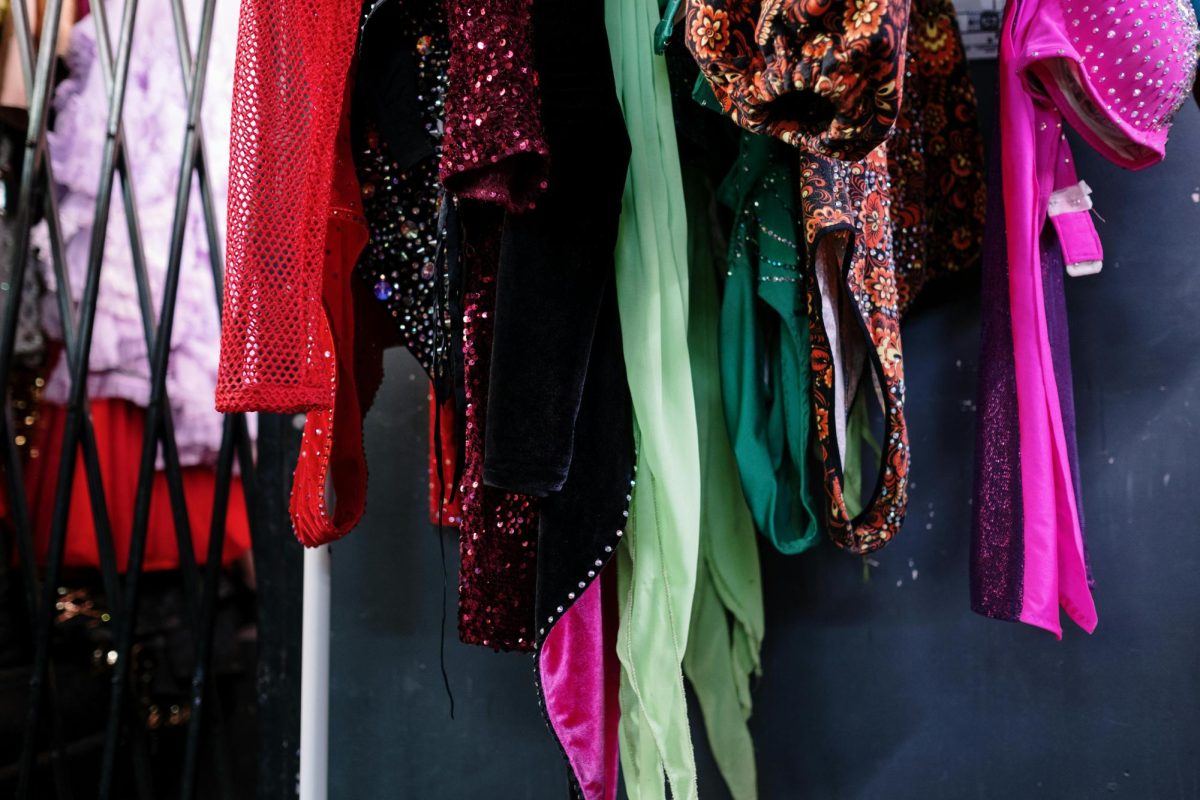Constantly changing your personality, desperately trying to fit in, pushing away your loved ones — sound familiar? The film “Didi,” directed by Sean Wang, portrays the struggles, emotions and memorable moments experienced throughout teenage life, while simultaneously highlighting Asian American culture.
The film revolves around a Taiwanese-American 13 year old, Chris Wang, played by Izaac Wang. He is called “Didi” by his family, meaning “younger brother” in Mandarin. The film is set in 2008 and based upon Sean Wang’s experiences growing up in Fremont. While the film showcases what life was like before the rise of social media, with nostalgic aspects depicted throughout, the portrayal of isolation and struggles as a teen accurately reflects times of today.
Throughout the film, Chris Wang experiences a journey of self exploration, repeatedly changing his personality to try to blend in with different groups. He faces difficulties in finding his own authentic self, and shapes his personality based on people he tries to befriend. He creates a different person every time he meets someone new, characterizing himself with new hobbies, new experiences and sometimes even different races. Chris Wang longs to fit in and find his people, but continuously fails to accept who he truly is.
Sean Wang incorporates his personal experiences and depicts how being described or complimented with the additional phrase “for an Asian” affects Chris Wang’s self esteem, driving him to change who he is. “Didi” nails the portrayal of loneliness and continuous questioning of self-identity and aims to allow the audience to retrieve their moments from adolescence, the peak of self-doubt and self-discovery.
“That was the hope of this movie, was to look back at this era … you don’t have the vocabulary to unpack that or dissect that [at the age of 13],” said Sean Wang.
Aside from struggles with his social life, Chris Wang also experiences struggles with his family, especially his mother. He consistently takes his anger out on his family members, struggling to understand the perspectives of others, mainly focusing on his own interests. He repeatedly lashes out on both his mother and sister, further forcing their relationships apart. Throughout the film, Chris Wang not only fails to consider his mother’s feelings, but also fails to see her as a human being in a sense, always viewing her as an embarrassment and burden.
In a teenager’s eyes, most are not aware of how much of an impact their actions can leave on others, especially those close to them. The audience, however, watches how every harsh word, especially those from rash arguments, affects Chris Wang’s mother from her perspective. Through the mother’s character, the audience can empathize with her, and think back on how they treated their parents during their teenage years, as well as taking a step back to overall reflect on their own relationships with their parents in a different light.
Chris Wang’s mother, played by Joan Chen, faces her own internal difficulties in the midst of trying to understand and connect with her Americanized son. Unlike the common stereotype of Asian immigrant mothers, “Didi” strays away from the portrayal of dominant “tiger moms,” instead also showcasing the mother’s own struggles and uncertainty. Giving up her dreams of becoming an artist to raise her children, she picks up her love for painting again, but struggles to make it into the art field.
Between her struggling to achieve her dreams and facing repeated ungratefulness from her son, Sean Wang depicts a deeper side of the stereotypical Asian “tiger moms,” who are known to be headstrong and fierce. “Didi” showcases an aspect of Asian families that are not covered as often in the media, breaking away from stereotypes, by showing the emotional challenges of the mother as well as how she receives Chris’ angst and projection of his inner self.
Additionally, Sean Wang uses the absence of a father figure to create more depth and significance behind the family dynamics in the household. Due to a business trip in Taiwan, he leaves all the responsibility in the mother’s hands to run the household. She takes care of her children and puts up with her mother-in-law’s never-ending critiques. Among all her frequent arguments with her mother-in-law, her husband’s absence can be sensed, as if he is the missing piece of the harmony between the mother and the grandmother.
“You never see him, you never hear him, but can you feel him throughout the movie? Yes. You feel his presence through his absence, […as it] informs every frame of the movie,” said Sean Wang.
While most Asian families follow a strict atomic family structure, especially during the 2000s, Sean Wang’s film strays away from the mainstream, highlighting a different perspective of Asian families hardly represented in media, ultimately breaking through popular stereotypes and shaping the film’s refreshing and unique aspects.
This coming-of-age film ultimately embodies multiple takeaways that reflect the director’s experiences, while resonating with teenagers today. “Didi” gives viewers a chance to look back at their teenage years in different colors; it highlights both the humorous moments that viewers still laugh at today, as well as the meaningful ones which ground them in the present.









